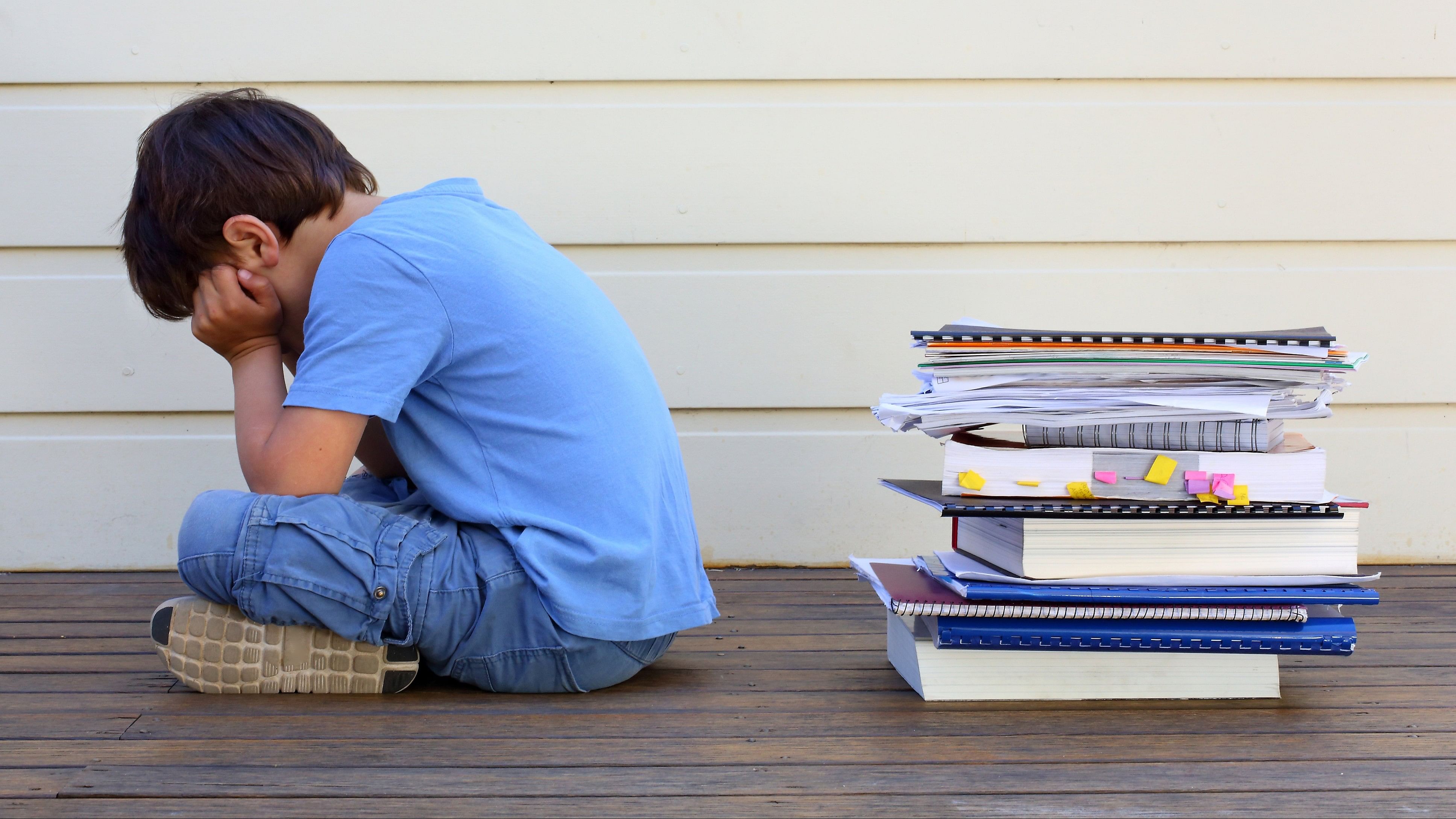
Bengaluru: During World Autism Acceptance Month in April, special schools are showcasing their efforts to support children with Autism Spectrum Disorder (ASD) through tailored teaching methods and evaluations.
However, they also express concern over the shortage of professionals in the field.
ASD is a neurodevelopmental disorder impacting how someone interacts with the world. It is caused by a mix of genes and environment, affecting social skills, learning, communication and behaviour. It does not have a cure.
Officials from special schools told DH that children with ASD often benefit from personalised, one-on-one classes rather than the traditional chalk-and-talk method commonly used in mainstream schools.
“Every child is unique, and so are their learning methods. So, in the first week, when a child joins us, we try to observe and understand their learning pattern and then design a system for them accordingly,” said Shashikala MS, founder of Leap Years Centre.
Some students are visual learners, others prefer learning via games, music or other activities, Shashikala added.
Besides usual academics, teachers claim they also try to teach children everyday social skills essential for sustenance.
“We aim to make our students successful and financially independent, and for that, we organise group sessions every Friday to teach them necessary life skills,” said Naomi Menon, centre director, Linguaphile Skills Hub, which works with neurodivergent children.
The organisation recently arranged a session to teach the children about handling money, followed by another session where they set up a lemonade stall to enhance the students' social skills.
Besides helping children, the schools also provide their parents a community. “It is usually said that the birth of a child is the death of a parents’ dream, but even in such cases, because of the stereotypes, the grief is a thousand times higher,” shared Shashikala.
This pushes the parents into a cycle of denial, anger, bargaining, depression, and acceptance.
But paucity of trained professionals is denting the efforts of the schools that ask for a change in policy.
“Working with children with such special needs can prove to be draining at times. We need to be extremely patient. Sometimes, they hit us because that is their way of showing denial, but we must remain calm,” Shasikala said.